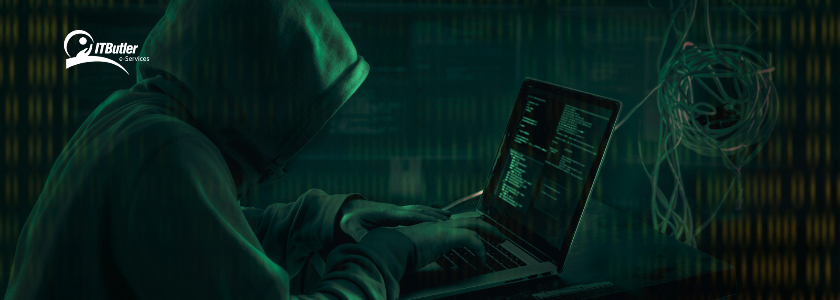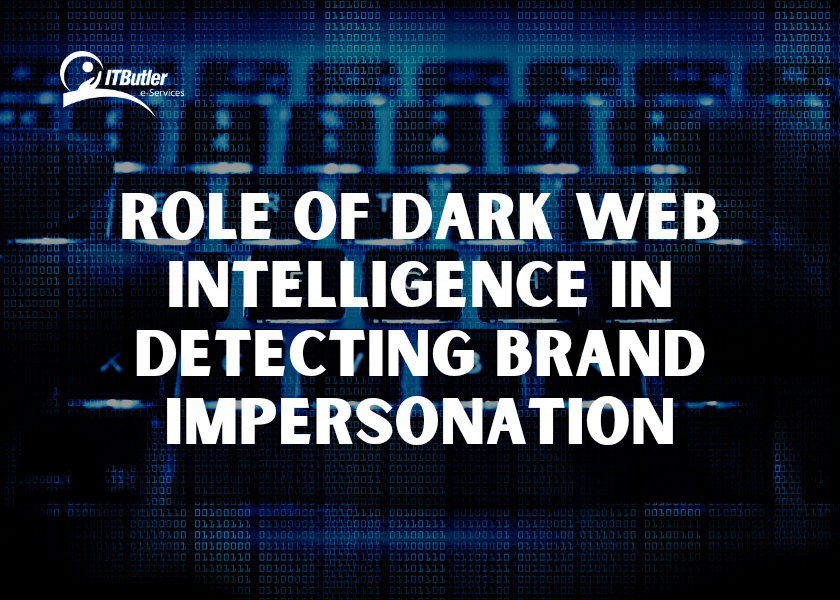Modern brands have plenty of worries with shadowy threats knocking in cyberspace. No, these are not about “your competitor stealing your idea or your competitor taking your tagline and changing it.” Instead, we are talking about the dark web. It is the dark world of cybercrime, where brand impersonation is not a possibility but a business for the scammers. Enter dark web intelligence, your digital detective, continuously working to keep hackers from destroying your brand’s identity. Let’s discuss why dark web intelligence is crucial in brand impersonation threats.
What Is the Dark Web Intelligence?
Before we get started, what is dark web intelligence, anyway? Is it some intelligence agent peering at you through a computer monitor while wearing sunglasses? Not quite. Dark web intelligence is, therefore, the process of gathering, analyzing, and monitoring the collected data. It protects against data that often takes the form of risks and vulnerabilities.
Imagine it as a radar system for cyber threats. Rather than scanning the skies for enemy aircraft, it scans the dark dregs of the internet for malicious activity.
Why Should You Care About Brand Impersonation?
Imagine waking up one morning and finding your brand selling knockoffs, sending spam messages, or scamming people. However, that’s the nightmare scenario of brand impersonation. It’s not just about lost revenues. But it is trust that’s lost and much harder to gain back.
In a world where customers value authenticity, brand impersonation can sink your reputation sooner than you can say “cyber threat”.
How Does Brand Impersonation Work?
Cybercriminals are like magicians, only they pull scams out of thin air. So here is how they work:
1. Copycat Websites: It is a fake site that resembles your real one. Therefore, customers might not even know they are being fooled.
2. Fake Social Media Accounts: Scammers create profiles pretending to be your brand, complete with your logo and tone of voice.
3. Phishing Emails: Using your brand identity to phish for sensitive information from them.
4. Counterfeit Products: The counterfeit products sold under your brand name can both dent your earnings and reputation.

How Dark Web Intelligence Works?
Now that we know what we are competing with, let’s talk about the hero of this story, dark web intelligence. However, its job is to shine a light on the shady dealings happening behind the scenes. Here is how that works:
1. Monitoring the Dark Web for Brand Mentions
Dark web tools are like overachieving social media managers, always finding mentions of your brand but without the use of hashtags. Therefore, they search for your brand name, your brand’s logo, and other vital product information.
Further, if something appears dubious-like the suspicious sale of your brand on a questionable marketplace, you are notified. It feels like having a personal bodyguard on watch to protect the reputation of your brand.
2. Identifying Phishing Kits
These kits for phishing are somewhat like pre-assembled scam toolkits used by scammers to impersonate brands. Thus, monitoring tools for the dark web can detect these kits even before they go into the deployment phase.
Pro Tip: Imagine it as the detection of termites at your house before those have eaten away all the wood. Hence, early detection saves a lot of headaches.
3. Fake Social Media Accounts
Social media impersonation is on the rise. Scammers sign up for accounts pretending to be your brand, often offering fake deals or giveaways. So this web intelligence can flag imposters before they fool your audience.
4. Safeguarding Customer Data
Another important objective of brand impersonation is identity fraud in general, where hackers swipe customer data. Thus, intelligence dark web monitors sales outlets for such stolen data on dark web markets. Upon notice, you will take proper measures to minimize damage in case your customer information gets leaked.
5. Intellectual Property Protection
Your brand’s intellectual property, logos, slogans, and designs, are valuable. So cybercriminals often copy these to legitimize their scams. Thus, it can help detect unauthorized use of your intellectual property, ensuring your brand stays authentic.
Cyber threat intelligence for brand protection
CTI Cyber Threat intelligence is the larger category in which web intelligence falls. However, it refers to search-based and threat-intelligence approaches that help find potential threats, vulnerabilities, and risks to your business. In brand protection, CTI operates in congruence with the dark web to provide a shield from cyber threats.
KEY STRATEGIES
- Real-Time Alerts: Get an alert in real time when your brand is mentioned on the dark web.
- Threat Analysis: Understanding the tactics of cybercriminals that impersonate your brand.
- Incident Response: An activity to tackle threats quickly and efficiently.
Why Dark Web Monitoring Matters
Dark web monitoring is like having a flashlight in a dark cave as you won’t see every danger. But you’ll spot the big ones before they can harm you. Here are some reasons why it’s essential:
- Proactive Threat Detection: Spot issues before they escalate.
- Customer Trust: Protecting your brand’s reputation means protecting your customers.
- Revenue Protection: Every scam that uses your brand name could mean lost sales.
Brand Impersonation Risks on the Rise
The truth is, brand impersonation isn’t going anywhere. It’s growing. Since businesses are going digital, so are the opportunities for cybercriminals. The only way to keep ahead of that ball is with tools that are as advanced as dark web intelligence.
Final Thoughts
In a nutshell, dark web intelligence becomes your secret weapon against brand impersonation. It can help you detect threats, protect your customers, and maintain your hard-earned reputation. The dark web sounds scary, but with the right tools and strategies, the tables of cybercriminals can be turned. Grab your digital flashlight, and let web intelligence be your guide.
Frequently Asked Questions
-Is the dark web illegal?
The dark web itself is not illegal, but many illegal activities happen within its hidden networks.
-Who invented the dark web?
It was developed in the U.S. Naval Research Laboratory in developing Tor (The Onion Router) which enabled anonymous communication.
